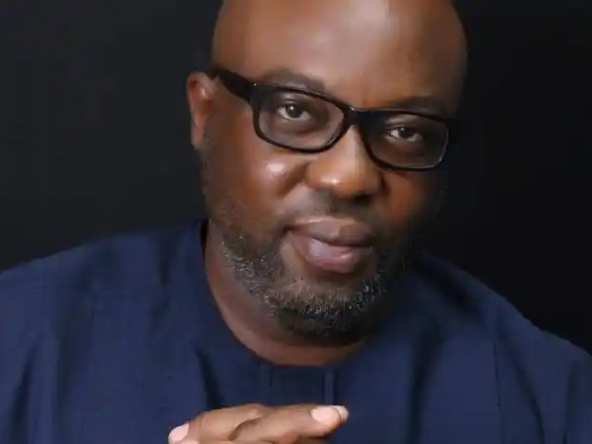Beneficial Ownership (BO) refers to the individuals who ultimately own or control a company, asset, or property, even if their names do not appear on official documentation.
This information is crucial for preventing money laundering, as it helps identify potential risks and ensures transparency in financial transactions.
Beneficial ownership transparency and in particular beneficial ownership registers have often been established within anti-money laundering frameworks and as such their main objective is to contribute to the prevention and curbing of money laundering and its associated predicate offences.
Money laundering involves making illegally obtained funds appear legitimate by passing them through a complex series of transactions.
To tackle issues like these require a great deal of Beneficial ownership transparency as a key tool in combatting it by revealing the true owners behind transactions and making it harder for illicit activities to go unnoticed.
Beneficial ownership transparency is therefore aimed at preventing financial crimes, such as money laundering, corruption, and tax evasion.
It is against this background that the Inter-Governmental Action Group against money-laundering in West Africa (GIABA) an ECOWAS body mandated to lead the fight against money laundering and terrorist financing has successfully held its 2nd public-private sector consultative forum on Beneficial Ownership at the Kempinski Hotel in Accra.
The event aimed at promoting cooperation, coordination, and engagement between the public and private sector, to intensify anti-money-laundering and counter terrorism measures.
The programme, on the theme, ‘Enhancing Beneficial Ownership Transparency In West Africa,’ targeted experts among directors of law enforcement agencies with responsibility for investigating money-laundering and terrorist financing, anti-money-laundering and combating financing of terrorism, heads of financial intelligence units and real estate.
Addressing participants, Mr. Joseph France, the Director of Financial Stability at the Bank of Ghana, who stood in for the Governor of Bank of Ghana (BoG), Dr Ernest Addison, observed that money laundering typologies have shown that corporate entities were becoming the conduit for concealing identities of individuals involved in financial crime while transferring the proceeds of such illegal activities.
He called for transparency in the enforcement of BO policies in West African countries and the establishment of an information-sharing framework, and a review of the current memorandum of understanding, to strengthen collaboration and exchange of information among financial intelligence units.
The Director-General of GIABA, Mr Edwin Harris Jr. said legal persons and legal arrangements played an important role in global commerce and trade, which were the foundation for modern economies.
He said the global agenda on enhancing the transparency of BO had gained significant momentum as an important tool for tackling money laundering and other financial crimes, tracing and recovering stolen assets, enhancing sustainable governance of natural resources as well as improving the business climate and avoiding conflicts of interest for politically exposed persons.
The Chief Executive Officer of the Financial Intelligence Center and GIABA National Correspondent, Mr Kwaku Dua said the fight against money laundering and terrorist financing or implementation of anti-money-laundering and countering financing of terrorism measures was a shared responsibility.
He, therefore, called for such engagements between the public and private sectors, to identify challenges and come up with practical solutions.
Mr. Dua said that the role of beneficial ownership disclosure would help fight against corruption, illicit financial flows, and money laundering.
He said Ghana continued to invest in the Beneficial Ownership disclosure regime, to enhance the mechanisms for collection, storage, verification, and rapid access of information by competent authorities.
The President of the Compliance Officers Forum of GIABA Member States, Mr. Pattison Boleigha stated that the forum which was established in 2015, in Senegal, was poised to contribute its efforts in driving compliance with Build-Operate-Transfer mechanism among the private sector players in the region.
Source: www.modernghana.com





